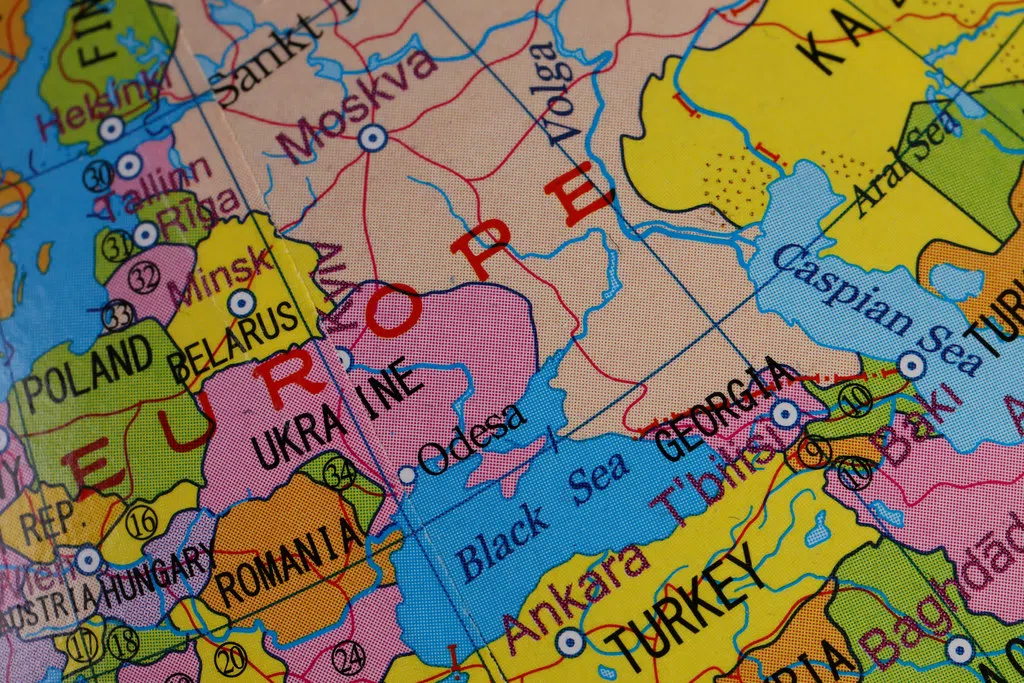CONLEY COMMENTARY (WSAU) – As the war in Ukraine enters its second year, we need some clear thinking about our national interests and to which countries we give a war guarantee to.
Ukraine is not part of the national interest of the United States. In the last 100 years Ukraine has been part of Tzarist Russia, it has been an independent province, it has been part of the Soviet Union, and now independent again. Ukraine’s status during all that time made no difference to the United States.
Sorry, Poland. You aren’t part of U.S. national interests either, until we made you part of NATO. Poland was an independent country before World War II, then an occupied nation, then part of the communist block, and then independent again. England and France declared war when Hitler invaded Poland. The U.S. didn’t – knowing that Poland’s status really didn’t matter to us. We would only enter the war when Japan attacked us at Pearl Harbor.
The war guarantee leads to foreign policy absurdities. We are obligated to send American troops to defend Poland. And Bulgaria, Croatia, and Estonia too. Yet we allowed China to take over Hong Kong, a city of world financial significance, without a shot being fired. And Joe Biden says we’ll use force to defend Taiwan’s independence.
Taiwan is a most curious case. Almost all the computer chips that go into American-manufactured automobiles are made in Taiwan. Should China invade, one of the largest manufacturing industries left in our country goes into immediate recession. Yet every tabletop exercise that the Pentagon runs shows that Taiwan cannot be defended by the U.S. military. We lose in every simulation.
So our military masterminds, right now, are drawing up plans to defend Sweeden and Finland – soon to be newly minted NATO members – but we have no plan for Taiwan, which China can re-take whenever they wish.
George Washington warned us against foreign entanglements. John Quincy Adams told us not to go overseas seeking monsters to destroy. Dwight Eisenhower warned us about the military-industrial complex. From beyond their graves, their words call out for a foreign policy that looks much different than what we have today.
Chris Conley






Comments